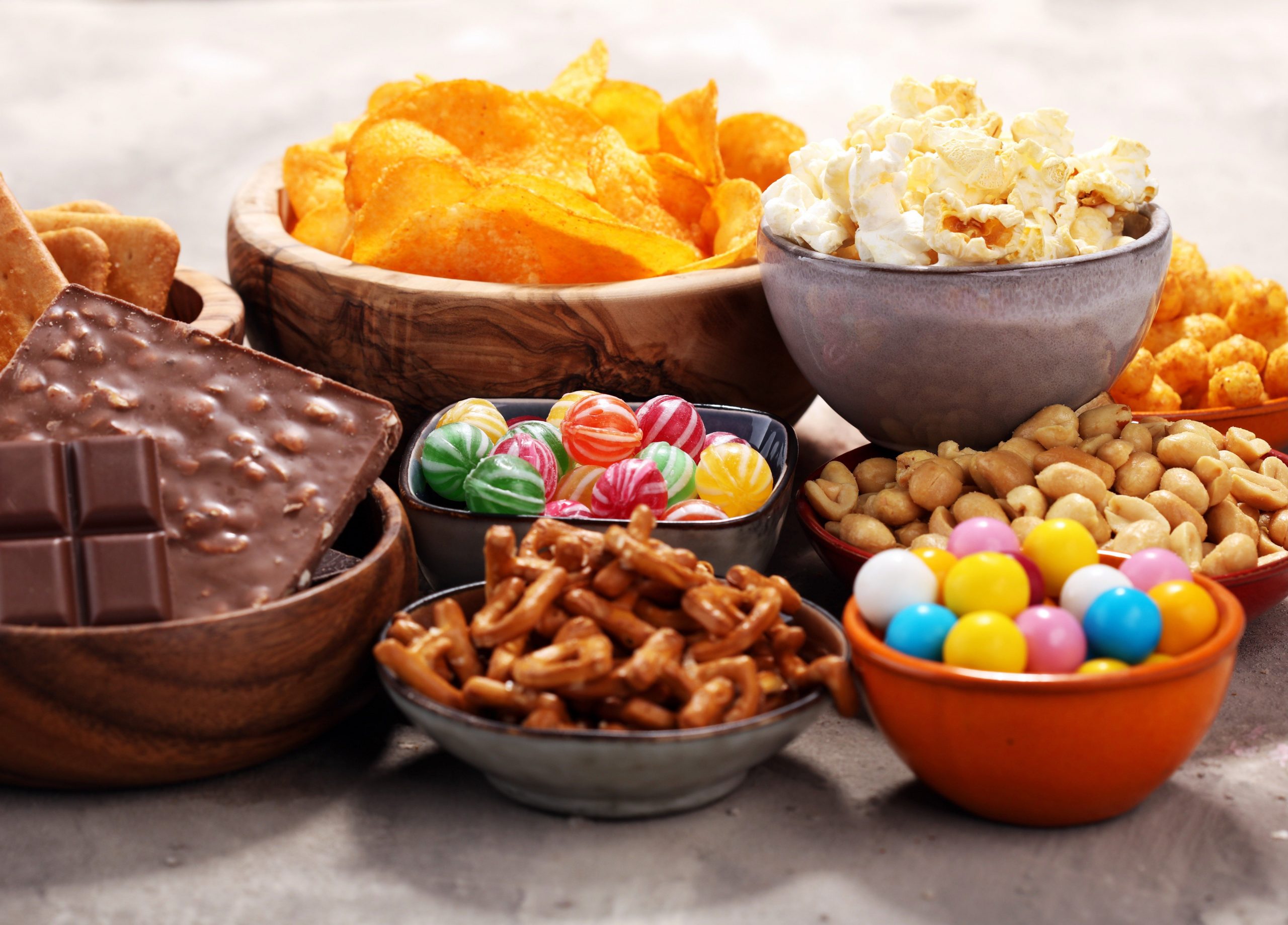
When Black patients struggle with dementia, they are less likely to receive helpful medications than their white peers, a new study warns. Researchers looked at how often patients received one or more of five classes of medications commonly given to dementia patients living at home. The study builds on prior research that has identified a… read on > read on >


















